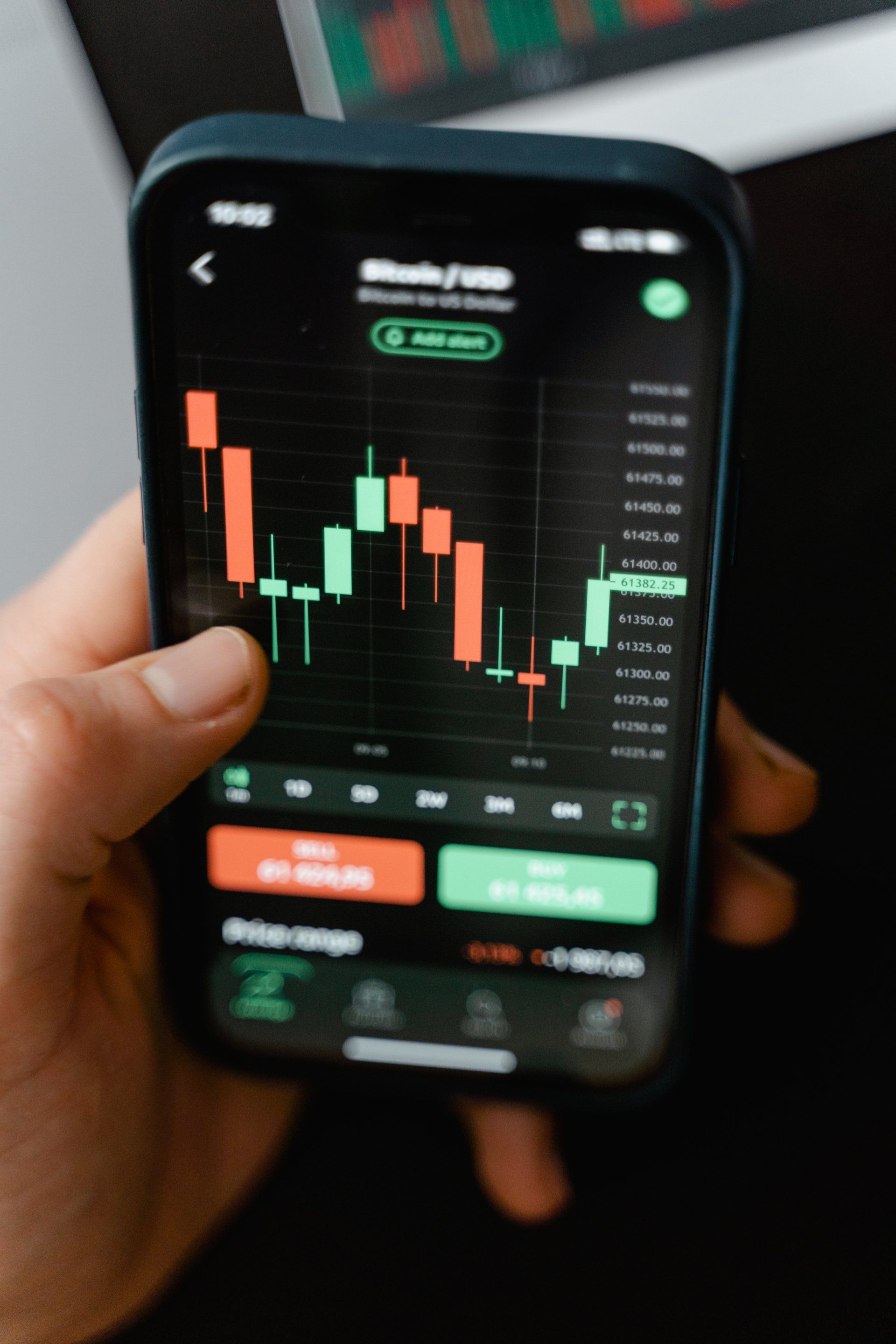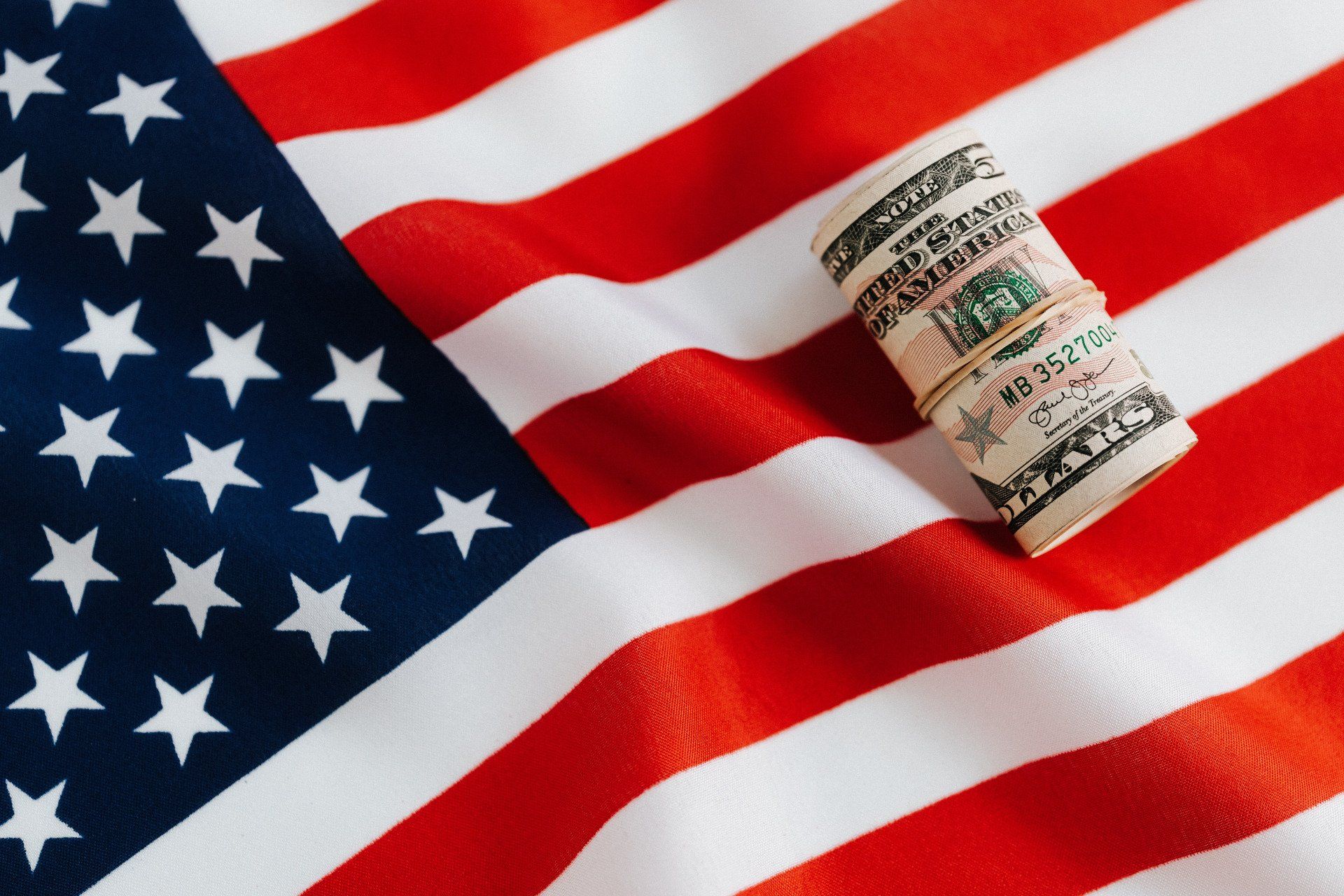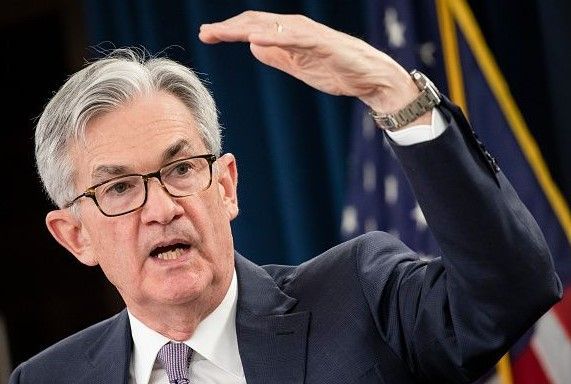Banking Crisis 2023
Less than 2 months ago Silicon Valley Bank failed. Many commentators and consumers justifiably asked "is this the start of another banking crisis?". The regulator and ruling politicians were quick to step in to say that these were isolated events and that the banking system is safe.
But they would say that wouldn't they? A run on a bank is very difficult to stop, particularly in this digital era, so they have to do everything they can to boost confidence in the system. No matter what capital requirements are legislated, if everybody wants to take out their money at the same time then the bank will have a liquidity issue.
Now that we can add a few more banks to the failed list: Signature Bank, Silvergate Bank, Credit Suisse and First Republic, it's now not so clear that there won't be further collateral damage. In fact it was the head of JP Morgan Chase who said back in March that he expected to see further repercussions and they are now the owner of what is left of First Republic Bank.
So will there be further aftershocks or is the shakedown in the banking system over?
Well it's fair to say that the failure and subsequent rescue of First Republic Bank did not cause the same level of market mayhem as the collapse of Silicon Valley and Signature banks. Even though this is not a repeat of the 2008 financial crisis, many investors and analysts are feeling unnerved and cautious when it comes to banking.
Why? Well in the worse case scenario another regional bank goes belly up and a rescue plan is required, putting more stress on other banks or the central bank. However given the recent turmoil it's likely that bank regulation needs to be overhauled (again) so even in the best case scenario there is likely to be further oversight leading to a tightening of lending. And in an environment where lending is already significantly reduced due to interest rate increases this could be another brake on the economy.
The US Regional Banks are seen to be those most at risk in any aftershock scenario and it is worth noting that those banks hold 80% of all commercial real estate debt. This is the area that was under significant pressure as we came out of the pandemic and is now even more so given increasing interest rates and the rise of hybrid working.
Which means there are a lot of moving parts here. All of which need to be factored into the Fed's thinking not only from a regulatory point of view but also from an inflation reduction angle. Inflation has to come down but the danger is if it's done too quickly it could kill the economy which would be exacerbated by a credit crunch.
It's likely that this banking narrative has further to run. In an age where money can be moved instantly on an app or screen it feels like the current regulations and oversight will have to updated.
To see how you could become a winning trader using class leading, high probability Trade Signals and Indicators, book your FREE Personal Consultation TODAY.
USEFUL LINKS: When not to Trade, Predict Market Movements, What is the Fed, Risk and Reward, The end of Cheap Money, What is Artificial Intelligence, Tech Stock Rebound, Banking Crisis, Common Trading Mistakes, What is a Recession, What is Fiscal Policy, What is Monetary Policy, Why are Economic Forecasts Wrong, US Stocks in 2023, Your best shot at Goal, Learn to Earn, Looking for a good stock to buy, What is Inflation?, How interest rates work









